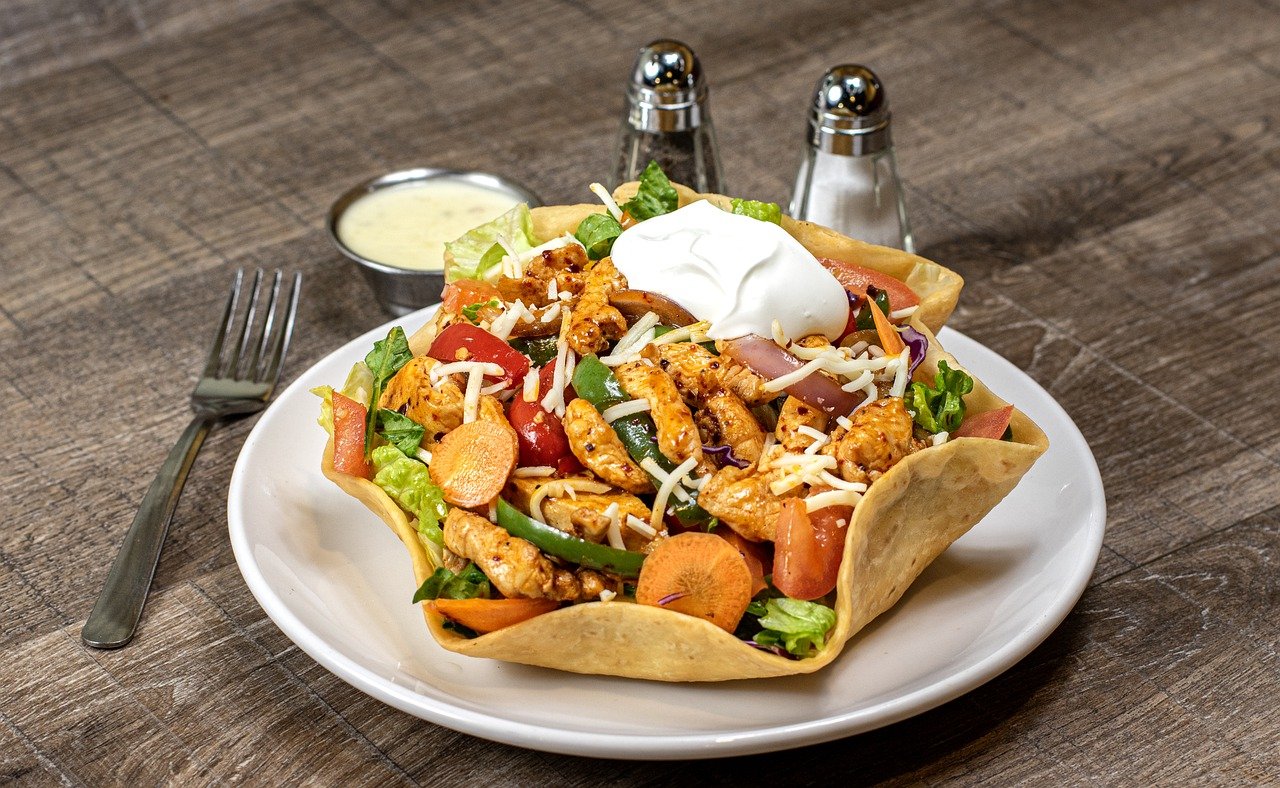Analyzing the Economics of Small-Scale Meat Processing Operations: Welcome 11xplay, Laser247. Com, World777.com registration
welcome 11xplay, laser247. com, world777.com registration: Analyzing the Economics of Small-Scale Meat Processing Operations
Are you considering getting into the meat processing business on a small scale? Maybe you’re looking to start your own butcher shop or have a small-scale meat processing operation on your farm. Whatever the case may be, understanding the economics behind small-scale meat processing is crucial for ensuring your venture is profitable and sustainable in the long run.
In this blog post, we will delve into the key factors that contribute to the economics of small-scale meat processing operations. We’ll discuss everything from initial investment costs to operational expenses and pricing strategies. By the end of this article, you’ll have a comprehensive understanding of what it takes to make your small-scale meat processing business a success.
Initial Investment Costs
Before you can start processing meat on a small scale, you’ll need to make an initial investment in equipment and facilities. This can include items such as meat grinders, slicers, vacuum sealers, and refrigeration units. The cost of these items can vary widely depending on the quality and capacity you require.
In addition to equipment costs, you’ll also need to invest in a suitable facility for processing and storing meat. This could be a standalone building or a section of an existing structure. Factors such as location, size, and compliance with health and safety regulations will all impact the cost of setting up your processing facility.
Operational Expenses
Once your small-scale meat processing operation is up and running, you’ll need to consider the ongoing operational expenses. This can include costs such as raw materials (i.e., the meat itself), packaging materials, utilities, labor, and marketing expenses.
A key factor in managing operational expenses is maximizing efficiency. This can involve streamlining processes, reducing waste, and optimizing the use of resources. By keeping a close eye on your operational expenses, you can ensure that your small-scale meat processing operation remains profitable over the long term.
Pricing Strategies
Setting the right price for your processed meat products is crucial for the success of your small-scale operation. Pricing too high can drive away customers, while pricing too low can erode your profit margins. Finding the right balance is essential.
When setting prices, consider factors such as the cost of production, market demand, competition, and customer preferences. You may also want to explore different pricing strategies, such as cost-plus pricing or value-based pricing, to find the approach that works best for your business.
Maximizing Revenue Streams
In addition to selling processed meat products directly to consumers, there are other ways you can maximize revenue streams in your small-scale meat processing operation. For example, you could offer custom processing services for customers who want meat processed to their specifications. You could also explore partnerships with local restaurants, grocery stores, or farmers’ markets to expand your reach and increase sales.
By diversifying your revenue streams, you can create a more stable and sustainable business model that can weather fluctuations in the market and consumer preferences.
Managing Risks
Like any business, a small-scale meat processing operation comes with its fair share of risks. From supply chain disruptions to changes in consumer tastes, there are various factors that could impact the success of your business. It’s essential to be proactive in identifying and mitigating these risks to safeguard your investment.
Consider factors such as product recalls, equipment breakdowns, or fluctuations in raw material prices. Having contingency plans in place and ensuring you have adequate insurance coverage can help protect your business from unexpected challenges.
Scaling Up
As your small-scale meat processing operation grows, you may reach a point where you need to consider scaling up your business. This could involve expanding your facilities, investing in additional equipment, or hiring more staff to meet increasing demand.
Before scaling up, it’s essential to conduct a thorough analysis of your business and market conditions. Consider factors such as current capacity, market trends, and potential return on investment. By taking a strategic approach to growth, you can ensure that your small-scale meat processing operation continues to thrive in the long term.
FAQs
Q: What are the regulatory requirements for starting a small-scale meat processing operation?
A: Regulatory requirements for meat processing operations can vary depending on your location. It’s essential to familiarize yourself with local health and safety regulations, as well as any licensing or permitting requirements.
Q: How can I market my small-scale meat processing operation effectively?
A: Consider leveraging digital marketing channels such as social media, email marketing, and a professional website to reach potential customers. You could also participate in local events, farmers’ markets, or community fairs to promote your products.
Q: What are some common challenges faced by small-scale meat processing operations?
A: Common challenges can include high initial investment costs, managing operational expenses, and navigating regulatory requirements. By planning carefully and staying adaptable, you can overcome these challenges and build a successful business.
In conclusion, the economics of small-scale meat processing operations are complex but manageable with careful planning and strategic decision-making. By understanding the key factors that impact profitability, such as initial investment costs, operational expenses, pricing strategies, maximizing revenue streams, managing risks, scaling up, and more, you can set yourself up for success in this competitive industry. If you’re considering starting a small-scale meat processing operation, remember to stay informed, stay proactive, and stay focused on your long-term goals. With the right approach, your small-scale meat processing business can thrive and grow for years to come.







